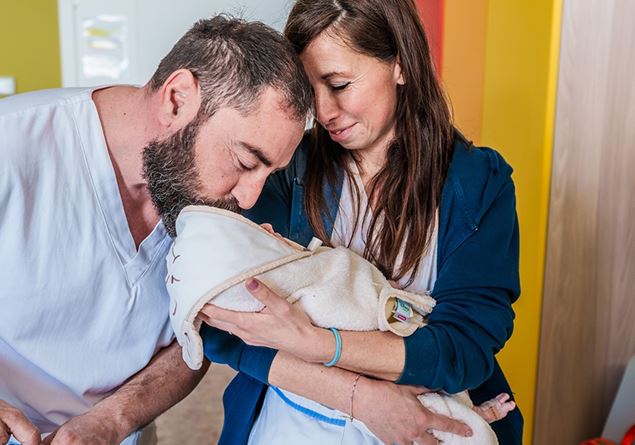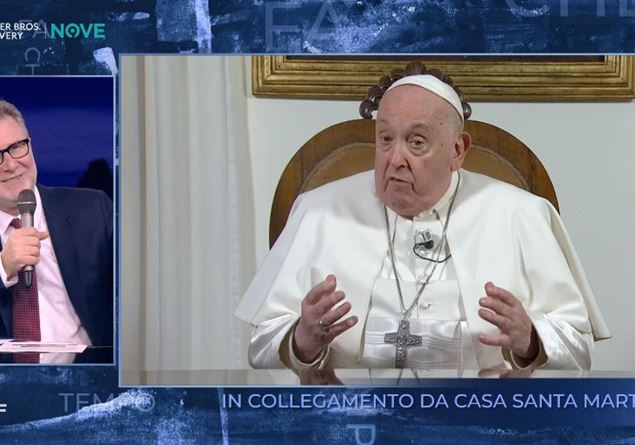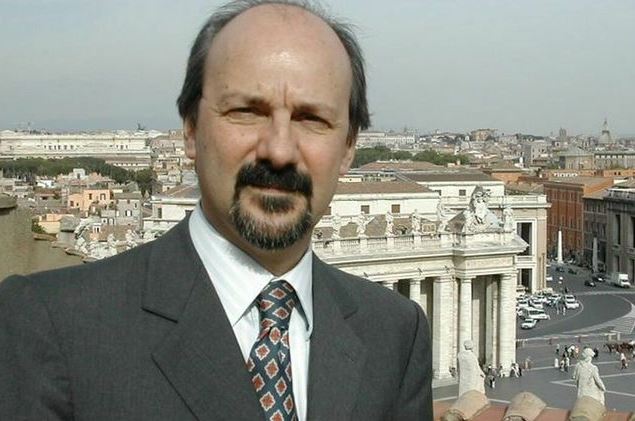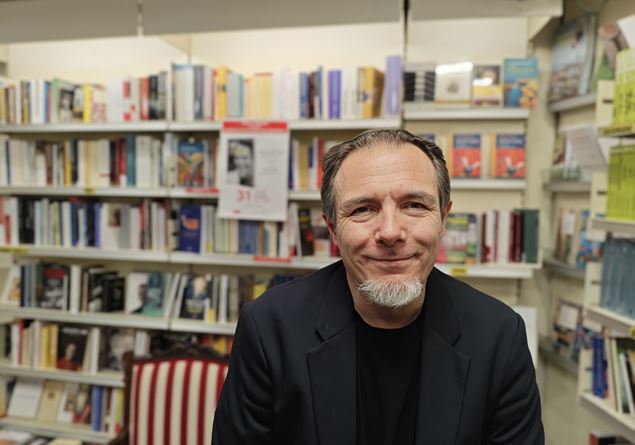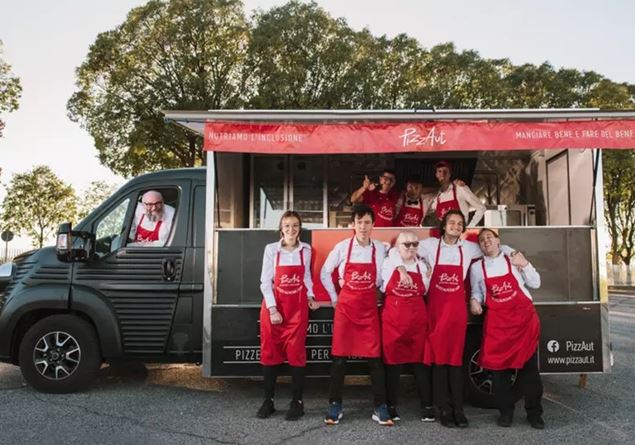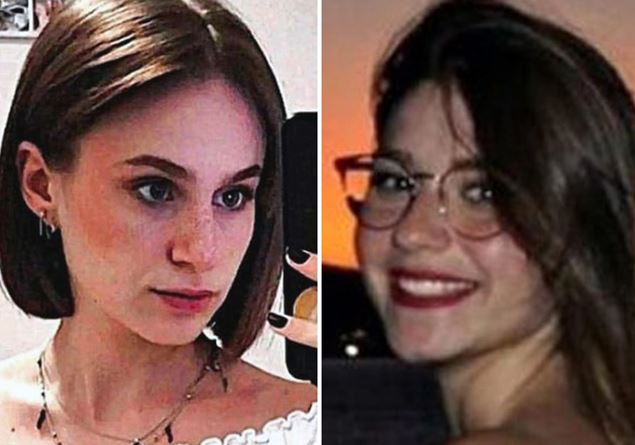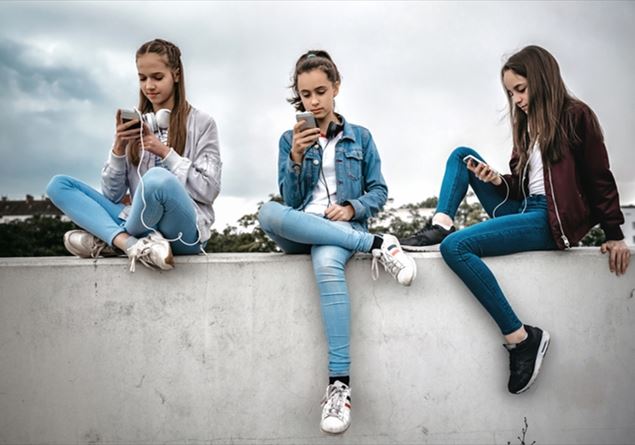The truce in Gaza and the release of the hostages, Trump’s inauguration and the expulsion of migrants, «which will be a disgrace», the birth rate decline – «in Italy the average age is 46 years: he doesn’t have children. Let the migrants in”, and the abuse of minors for which we must always be vigilant, the Jubilee, hope, a sense of humor… The Pope’s interview with Fabio Fazio for the third time is an all-round interview. The Spera biography, written by Francesco with Carlo Musso, acts as a common thread in a question and answer that starts from thanks to the “very good” mediators and from the hope, as he had already said during the Angelus, that we can achieve Israelis and Palestinians two states. «I believe that it is also the only solution, some have availability, others don’t and we must convince them with that mild rhetoric that is conviction», says the Pope, recalling that «peace is always superior to war. To make peace sometimes you lose something, but you gain more than what you lose through war. Peace takes courage.”
It takes up the meaning of the Jubilee, which is “always starting again”, a “conversion of the heart” knowing that “God always forgives, put it in your head and heart, we just have to knock on the door: there is no sin that cannot be forgiven . We must learn this well.” The Pontiff speaks of hope which “never disappoints, it is the anchor on the beach and we cling to the rope”, and of the Jubilee which is not a tourist trip to Rome because “if you go to the Holy Door like a tourist, without a religious sense it’s of no use. The word is to convert, at least repent, sometimes you cannot change, but there is repentance and this changes the heart slowly. The jubilee is making the heart more human, may the Lord give us the Holy Spirit who changes our hearts.”
Francis addresses above all the issue of war linked to poverty and recalls that if weapons were not manufactured for an entire year the problem of hunger could be solved. On Trump he explains that “we didn’t talk, he came when he was president the other time”, but if he expel the migrants “if this is true it will be a disgrace because it makes the poor wretches who have nothing pay the bill for the imbalance, so things can’t be resolved.”
A bit with personal anecdotes, Magnani’s films shown by the parents or the opera listened to on Saturday afternoons on the radio with the mother explaining the content, the jokes, because «you have to know how to laugh, if one doesn’t laugh there is something that’s wrong”, reiterating concepts he cares about, in particular that of war “which is always a defeat” and which “is not inevitable”, the Pope insists on the necessity of human relationships.
She talks about the increasingly present women in the Vatican of Sister Simona Brambilla, the first female prefect and of the many who work in the various departments and “who know how to do better than us”. He talks about the group of transsexuals received in the Vatican, “the word is closeness to everyone” and reiterates that the most serious sins are not those linked to sex, but to the care of others, to not having respect for parents, for example, to scams .
On the upcoming day of remembrance, January 27, he explains that, thinking about the tragedy of the Holocaust, he feels «a feeling of pity and shame. Pity because we must open ourselves up to the drama and shame that we men were capable of doing this.” He remembers his visit to Auschwitz, “a human shame and a human pain” and invites us to continue hearing those stories so as not to forget.
And finally, before wishing all spectators, for the jubilee year, to «open your heart, don’t let this opportunity pass, forward and courage and don’t lose your sense of humor», he answers Fazio’s question on what he thought when he was elected Pope. Bergoglio doesn’t think about it for a moment and replies: “They’re crazy, but let’s do what God wants.”
